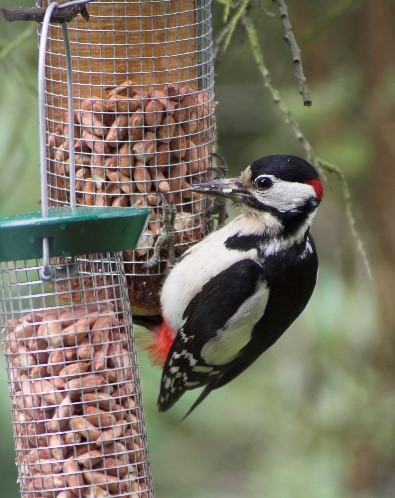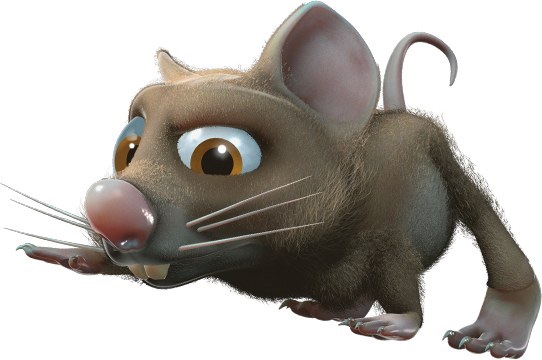Prevent Woodpeckers from Damaging Your Southwest Florida Home

Woodpeckers are Beautiful Birds but Can Also Cause a lot of Expensive Damage to Homes
Woodpeckers are primarily known for tapping on tree trunks, as this is how they can find their food —insects living in the tree bark.
These birds will also drum on trees and buildings to communicate, excavate nest cavities, and establish territories. Woodpeckers prefer to live in forests, but habitat loss has forced them to look for food and habitat in other places — like your Southwest Florida home.
A woodpecker infestation is not one to be ignored and can severely damage your home if not controlled quickly and correctly.
Woodpeckers in Southwest Florida
Many different woodpecker species prefer Florida to be their home throughout the year, while others will only spend the fall and winter seasons there.
Unlike birds that can be seen at the beach, or along the shore, woodpeckers can be found in residential areas. This is due to the urbanized environment and an architectural foam material used on homes. Woodpeckers are attracted to this foam because of the sound that is produced when woodpeckers drum on it.
Woodpeckers also prefer wood siding, wood-covered fireplace chimneys, rain gutters, large limbs, and dead trees. This drumming is a way for the pest to find a mate and communicate with others.
Although woodpeckers enjoy this noise, Southwest Florida homeowners generally do not.
These constant noises can range from a mild inconvenience to a severe disruption that hinders sleep patterns and other daily activities. Along with this auditory annoyance, woodpeckers can create holes in your home that bees and birds may choose as a spot to build their own homes.
These holes may allow moisture to enter and damage your home.
Signs of a Woodpecker Infestation
Woodpeckers are territorial and persistent, which makes them a unique challenge.
It may be difficult to deter or stop woodpeckers without taking steps to control and prevent woodpeckers from damaging your home.
Some signs that woodpeckers have chosen your home include:
- Hearing sounds of drilling
- Holes about the size of a tennis ball or larger
- Displaced bits and pieces of architectural foam found in your landscape
If you experience any, or all, of these signs, it is a good idea to schedule a free hard coating inspection from a professional inspector.
Controlling Woodpecker Damage
It is easiest to control woodpecker damage if it is caught early.
The longer a woodpecker problem goes without being contained, the more difficult it will be to stop the bird’s activity.
If you suspect that you have a woodpecker infestation, check around the outside of your home for insects, since they may be attracting woodpeckers. Also, check your yard for dead trees or dead branches, because woodpeckers prefer to make trees their habitat.

Hard Coating for Woodpecker Control & Prevention
Hard coating is a _-inch hard protective finish that controls woodpeckers and stops them from potentially damaging your home.
In Florida, this is applied to architectural foam moldings and is a permanent solution to stop a current woodpecker infestation and prevent possible future ones. The coating creates a surface that is impenetrable by a woodpecker’s beak, which simply means that woodpeckers will no longer be able to damage your home.
For more information, and to protect your Southwest Florida home from woodpecker damage, contact a pest and wildlife professional today.






